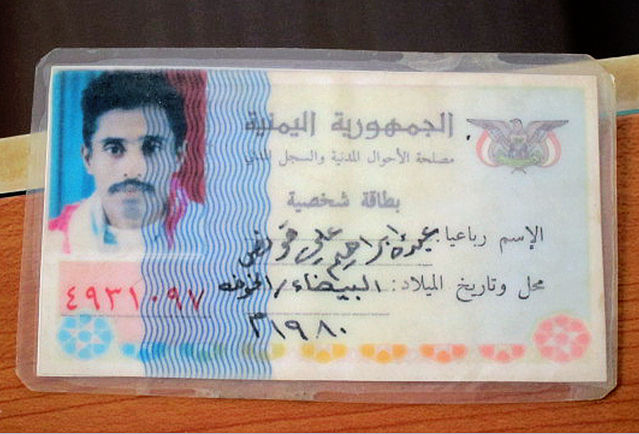
With the recent increase in piracy in the waters of the Indian Ocean, innocent fishermen are at risk of becoming collateral damage when armed-guards aboard shipping vessels mistake them for pirates.
One case of note is the killing of Mohammed Ali Quanas, a Yemeni fisherman who was killed in August of 2011. He was shot in the face by bullets from a Norwegian-flagged ship that was allegedly 500 meters away from the small fishing boat of Quanas.
The Russian solders who fired the shots had been temporarily assigned as armed-guards on a Russian-led shipping convoy that was headed towards the Gulf of Aden across pirate-infested waters. This is not the first accidental killing that has happened in the region since pirates became an international problem in 2009.
International naval task-forces have been securing the waters since late in 2008, and have only recently achieved a decline in the number of pirate attacks. Such accidents may be considered inevitable, as armed-guards and crew members alike live in fear of brutal sea devils. The presence of armed-guards has increased in recent times, and has been regarded a significantly contributing factor to the decline in the number of attacks.
Both the Norwegian shipping company and the Russian military has denied any responsibility for the incident. Both parties largely refuse to even acknowledge its existence. While many are concerned about the risk of private-security contractors initiating wrongful violence, so far it have been national militaries that are the main culprits.
And when soldiers from one nation are defending a ship flying the flag of another nation, it becomes easy for both countries and private companies to pass the buck when assuming responsibility for accidental shootings.
Despite evidence from the Yemeni Coast Guard that the Norwegian-flagged ship was the only one in the area at the time of the shooting, and eyewitness testimony from three other fishermen, Noway has not decided to even open an investigation into the incident. This was, in part due to the complexity of charging or investigating members of a foreign nations military.
While many point to private-security contractors as a danger to innocent fishermen, so far it has been the heavily-praised naval task forces that have committed most of the alleged misconduct. Indian naval personnel has been the subject of similar allegations, and a reported five other attacks have occurred against Yemeni fisherman. The perpetrators are mostly unidentified, but allegations hint at Russian or Indian naval involvement.
Two Italian marines are also awaiting trial in India for the unlawful killing of two Indian fishermen. The marines were detained and help in India after they were intercepted by the Indian Coastguard. Predictably, Italy has complained about the detention, citing the fact that the marines were in international waters, and that they’re active-duty military personnel.
There will undoubtedly be legal maneuvering that will soon establish a precedent for how countries will deal with these incidents. For now, however, the presence of armed-guards aboard merchant vessels has caused international trouble for the nations of the perpetrators as well as the victims.
It is difficult to estimate the prevalence of these incidents, as the only avenue to report such crime is with the local authorities of the victims. If they are not reported quickly enough, or if the local authorities don’t have the capabilities to follow up on the complaints, oftentimes nothing can be done.
To solve the problem, it may be necessary to further establish rules of engagement, and educate armed-guards to become better at recognizing pirates. As one of the skiffs accompanying the one that Quanas was on carried weapons, this may have been the source of confusion. Fishermen often carry weapons to protect themselves from pirates, but to a nervous guard, it may be hard to tell the difference from a distance. Understanding that small skiffs floating close to shore may be innocent fishermen should result in a more careful engagement.
Hopefully these steps can be taken quickly, because armed-guards are becoming more prevalent on merchant vessels, and they contribute effectively to deterring pirates. If they cannot learn to control themselves, however, their legitimacy may be questioned or even revoked, thus depriving the shipping industry of much needed security.